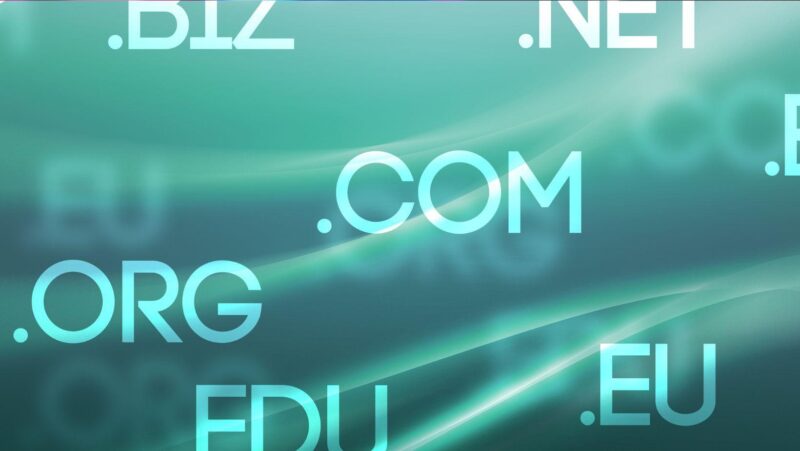
In recent years, conversations about privacy, data ownership, and freedom of expression have grown louder. Many users are starting to question the control that big tech companies have over social media platforms. At the same time, Ethereum—a blockchain known for its smart contract capabilities—is helping to shape a new kind of social media experience. These new platforms focus on decentralization, transparency, and user ownership. This shift promises to put power back into the hands of users instead of corporations. As more people demand control over their online identities, Ethereum-based social media is gaining attention as a viable alternative.
So, how exactly is Ethereum changing the way we connect online? Let’s explore how it’s driving the future of social media.
The Shift to Decentralized Social Media
Today’s major social platforms are centralized. This means a single company owns the platform, controls the data, and has the power to decide what content stays or gets removed. In contrast, decentralized social media is built on blockchain technology. It gives users more control over their content, data, and identities.
Ethereum is at the center of this shift. Because it supports smart contracts and decentralized applications (dApps), Ethereum allows developers to build social platforms where no single company holds all the power. Instead, users can create, share, and monetize their content without relying on a middleman.
For example, when you post on a decentralized platform built on Ethereum, your content is stored in a way that’s verifiable and cannot be easily deleted or changed. This adds a layer of trust and transparency that traditional platforms don’t offer.
Ethereum’s native token, ETH, is often used to power these platforms. It’s also commonly converted into other currencies—for example, ETH to USD—for easier transactions, creator payments, and tipping between users. But the focus isn’t just on money. It’s about giving users real ownership and control.
What Makes Ethereum-Based Platforms Different?
Decentralized social platforms built on Ethereum work in a completely different way than traditional ones. Here are a few key differences:
- You Own Your Data
On traditional platforms, the company owns your profile, your followers, and even your posts. On Ethereum-powered platforms, your account is tied to your blockchain wallet. That means your data stays with you, not with a third party. - No Central Authority
With Ethereum, there’s no company deciding what content to ban or promote. Community-driven rules and open-source algorithms help manage content, giving users a bigger role in shaping their experience. - Built-in Payments and Rewards
Ethereum makes it possible to build reward systems directly into the platform. You could earn tokens by posting popular content, curating quality material, or participating in discussions. These tokens can then be traded or used within the platform. - Portability
If you join one Ethereum-based platform and later decide to move to another, you don’t have to start over. Because your identity is connected to your wallet, your content, followers, and reputation can move with you.
Real Use Cases and Early Adoption
While this space is still growing, some platforms have already gained attention for their unique approaches to decentralization. These platforms often allow users to:
- Publish content that’s stored on the blockchain
- Earn tokens for activity or engagement
- Follow others through blockchain-based identity systems
- Join communities governed by smart contracts
Some are even experimenting with features like token-gated access, where users need to hold a specific token to enter a private group or view premium content.
These projects are gaining traction not only with everyday users but also with developers and creators who want more freedom and fewer platform restrictions.
Why This Matters for the Future of Social Media
The push toward decentralized social media isn’t just about technology—it’s about values. People are becoming more aware of how their data is used and who benefits from their online activity. Ethereum gives us a chance to build platforms where users—not corporations—are in control.
As Web3 tools become more user-friendly, and as more people look for alternatives to today’s mainstream platforms, Ethereum-based social media could play a bigger role in how we interact online. Creators may no longer need to depend on ad-based revenue. Communities can form based on shared goals and govern themselves through smart contracts. And everyday users can finally have a say in how their digital identities are used.
Ready to Explore a New Way to Be Social?
Ethereum-powered social platforms are creating exciting opportunities. They offer more privacy, better rewards, and real ownership of your content. While there’s still work to be done before these platforms reach the mainstream, the direction is clear: social media is evolving—and Ethereum is helping lead the way.
If you’re tired of giving away your data for free, now might be the time to see what decentralized social media has to offer. You don’t need to be an expert. Just take the first step. The future of online connection is being built today—on Ethereum.














